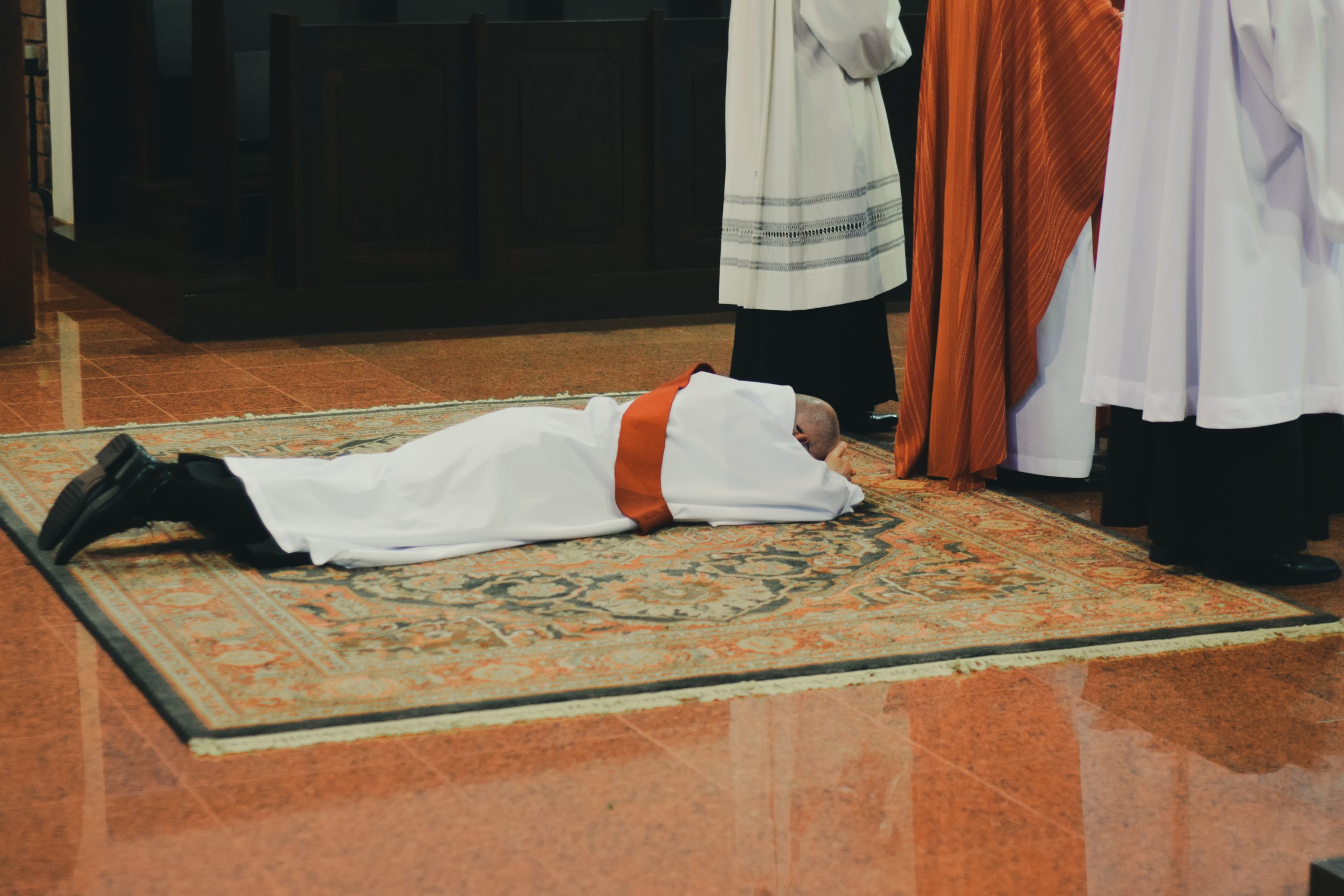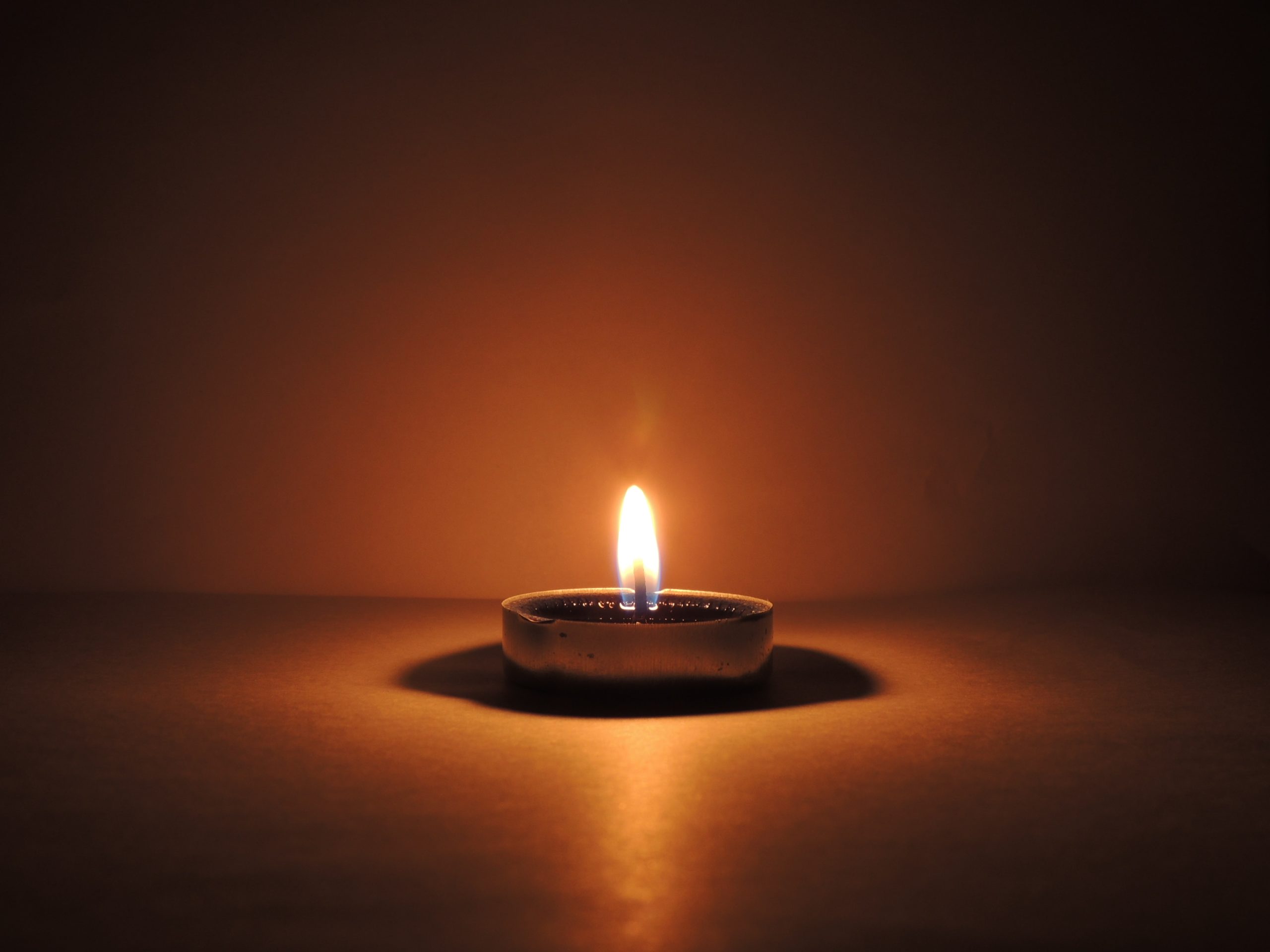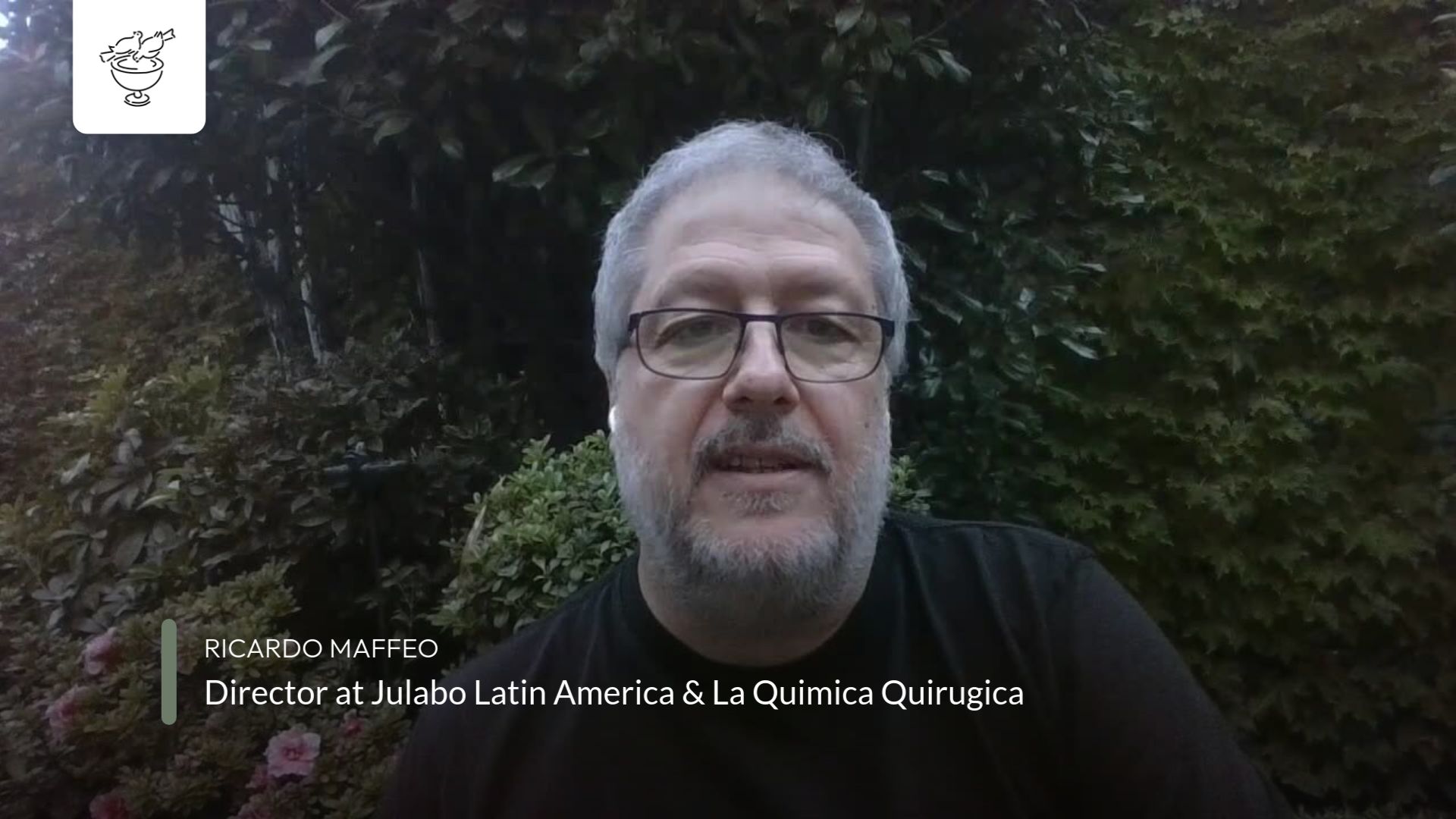Obedience is not an end in itself. I would say that obedience is ultimately about training us to love. Not the kind of love that is abstract or ideal but a love for particular people in a particular place and time, in all its messiness and imperfections. Anything other than that isn’t real. Living in community challenges us to put love into action; in the day-to-day living of sharing a bathroom, eating together, working together. The radical aspect of the Rule of St Benedict is that it knows that true love (for God, for others) is only possible if we challenge the self at the centre, and it is asking us to live this attempt to transcend the ego in a very ordinary, practical way. The Rule invites us to walk the walk. The point of self-mastery and self-control in obedience therefore is not just to become more ‘spiritual’, but actually to become more loving. “This I command you: love one another” (John 15:17). And perhaps we can only submit to obedience in community when we are thoroughly tired of doing things our way and seeing how time and again it doesn’t work. When we recognise that in many ways we don’t really know how to truly love, because of our ego-centredness. Real love is always in some way sacrificial because it involves making space for the other, which means giving up some of the space we occupy. This often feels like giving up a part of the self. I only really discovered the value of obedience for me personally each time after I had left the house, in how the relationships in my life both inside and outside of the community were affected. Living in community opened my eyes to what was required in any relationship that was going to be based on love: commitment and faithfulness. And this could only be possible if the self could be moved away from the centre. Furthermore, this moving away from egotism and towards commitment needs to play out in sometimes difficult actions and not only in words, on a person to person, individual level rather than as an abstract universal ideal, which in many ways is easier than the messiness of personal relationships. I painfully realised how much I was lacking this real faithfulness and commitment in my own life for the people that I love- and perhaps that is always the first step, recognising our failure to live up to our ideals and delusions. But living in community also gave me hope: if I am able to turn a little away from myself and towards others in the house, if I am able to show even a little faithfulness and commitment to the ups and down of community life, how much more will I be able to show the same to my family? If the experience trains me to give up even a little space to others in the house, how much more will it help me to become capable of giving to those that I love in my own life?
This experience of living in community as a training for love has been one of the greatest gifts I’ve received. And understanding the role of obedience in love has been fundamental to this gift. But even more than that, coming to realise how intimately connected the love for our neighbour is to the love of God. Jesus in John’s gospel exhorts us to love one another not just because it’s the right thing to do, but because we cannot really say that we know God without a love for our neighbour. In obedience, we are trained to turn the attention away from the self and to make space for the other, which surprisingly is also the space where God is. In other words, that we only truly love God through our love for each other, to the extent that we love each other.
“This is my commandment: love one another as I love you.
No one has greater love than this,
to lay down one’s life for one’s friends.”
(John 15:12)
“Your faith is rarely where your head is at and rarely where your heart is at. Your faith is where your ass is at! Inside what commitments are you sitting? Within what reality do you anchor yourself?”
Father Daniel Berrigan
(9 May 1921- 30 April 2016)





